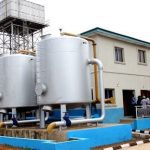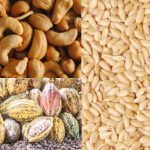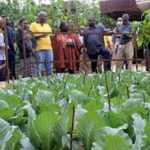Players in the country’s seed industry are seeking support from government in order to boost the sector’s output for the benefit of food security.
They also seek that supply of seeds by only certified sources should be enforced for better seed quality supply.
The seed industry in Nigeria has over the years grappled with issues of substandard and adulterated seeds, amid efforts by the industry’s regulator to sanitize the system.
The country’s low adaptation of improved seeds is also seen as a challenge, as reports show this is a far cry from what obtains in some other parts of the continent where the use of improved seeds is high.
The capital intensive nature of the seed business and poor access to low cost finance are also cogs in the wheel of seed production, that agriculturists believe concerned public institutions as well as financial institutions could help tackle.
The seed industry players particularly feel this will help expand operations and modernize seed processing activities.
The players also want the authorities to help ensure that seed and Agro input supplies are done by companies accredited by the seed regulatory body .
These also include those with verifiable sources of early generation seeds, registered seed fields that are geo-tagged, as well as those with evidence of seed lots that have passed minimum field certification and seed laboratory standards.
They believe this is a catalyst to making sure farmers get quality and viable seeds for their production thereby enhancing food security in the nation.
Rising population growth, climate change, and resource scarcity are present day developments that make the use of improved seeds of great importance to Nigeria, as they are a core part of sustainable agricultural practices.
This is alongside widespread poverty and the small size of farm holdings which make it important that farmers get the needed support at all times to drive output and enhance food security in the country.













